In a previous job as an internal planner, I worked with scores of sales people. Because of the scope of my work, managing travel programs for the top tier of our sales organization, I mainly interacted with what we referred to as “top performers.” There are few careers out there as competitive as sales, but to me, my colleagues from sales had the world at their feet and appeared to be shiny, happy people. They were all winners.
But at what cost?
 In an environment where the stakes are as high as the expectations and reputation is everything, the side effects of consistent peak performance can be a valley all their own. I deferred to an old college friend-turned successful career psychologist, Melody Wilding for her take on the toll that being a top performer can take on an employee.
In an environment where the stakes are as high as the expectations and reputation is everything, the side effects of consistent peak performance can be a valley all their own. I deferred to an old college friend-turned successful career psychologist, Melody Wilding for her take on the toll that being a top performer can take on an employee.
What would you say are the primary challenges and successes that top performers face?
MW: Top performers can be more self-critical. They have high expectations of themselves, so when they fail to measure up to their own impossible standard of success, they can fall victim to self-doubt. They tend to question themselves and wonder if they are actually qualified for the job they are doing (Impostor Syndrome). Because they have an internal expectation of themselves that they should always succeed, they can also be sensitive to feedback. They are prone to overworking, using work to avoid other personal issues, and burnout because they don’t allow themselves ample opportunity for proper mental rest and recovery.
It makes sense; even the trusty law of gravity tells us that what comes up, must eventually come down. And where there have only been successes of sales streaks, record numbers, and satisfied customers, the pressure is on for top performers to reach higher and higher goals.
Of course, not all successful sales professionals suffer from these challenges. However, many sales pros feel there is an expectation that they should be available 24/7/365, ready with their best bargaining chip.
From your experience, do you find that top performers embody a specific character make-up? How would you describe them?
MW: Top performers tend to rank high on the conscientiousness scale, meaning they show a high degree of self-discipline and achievement orientation. They also tend to be more emotionally intelligent and understand social dynamics to create successful relationships both personally and professionally.
For top performers, this resonates. It takes a very specific sort of “smarts” to identify what it is that will make or break a deal—and often, it involves a surgically precise application of business psychology and negotiation.

Can you speak to the fine line that exists between being motivated and approaching the point of burnout?
MW: While being motivated is key to success, if taken too far, it can lead to burnout. The highest performers are those who understand the importance of boundaries and building in sufficient time for rest and recovery. They understand that energy management is just as, if not more important, than time management.
Interesting. For many of us, at work and at home, time and resource management are very important. Often, resting can seem counterintuitive to managing one’s time, but the truth is, if steps aren’t taken to recharge your batteries, you burn out more quickly than if you take the time to do a little emotional maintenance, by closing the laptop, setting the cell to do-not-disturb, and taking a little “me” time. This is one of the reasons group travel is an effective motivator for hard working high-achievers. It allows the opportunity to relax, unwind, and decompress, while still being an important forum for recognition.
Anyone whose job spans far beyond the scope of a 40-hour workweek – whether they vie for a “top performer” slot or not – can take a page from Melody’s book. If that’s you, there’s no moment like the present to reevaluate how to prioritize your time, resources, and yes, your energy. By striking the right balance of personal and professional, it is possible to win at home and at work.
Melody Wilding, LMSW is licensed therapist and coach who helps entrepreneurs and young professionals overcome the emotional challenges that come along with having a successful career. Melody has worked with CEOs and executives running some of today’s biggest startups along with published authors and media personalities. Her advice has been featured in Forbes, New York Magazine, FastCompany, Inc., and more. She has a degree in Psychology from Rutgers University and a Masters from Columbia University. For more on Melody’s career insights, visit www.melodywilding.com.



